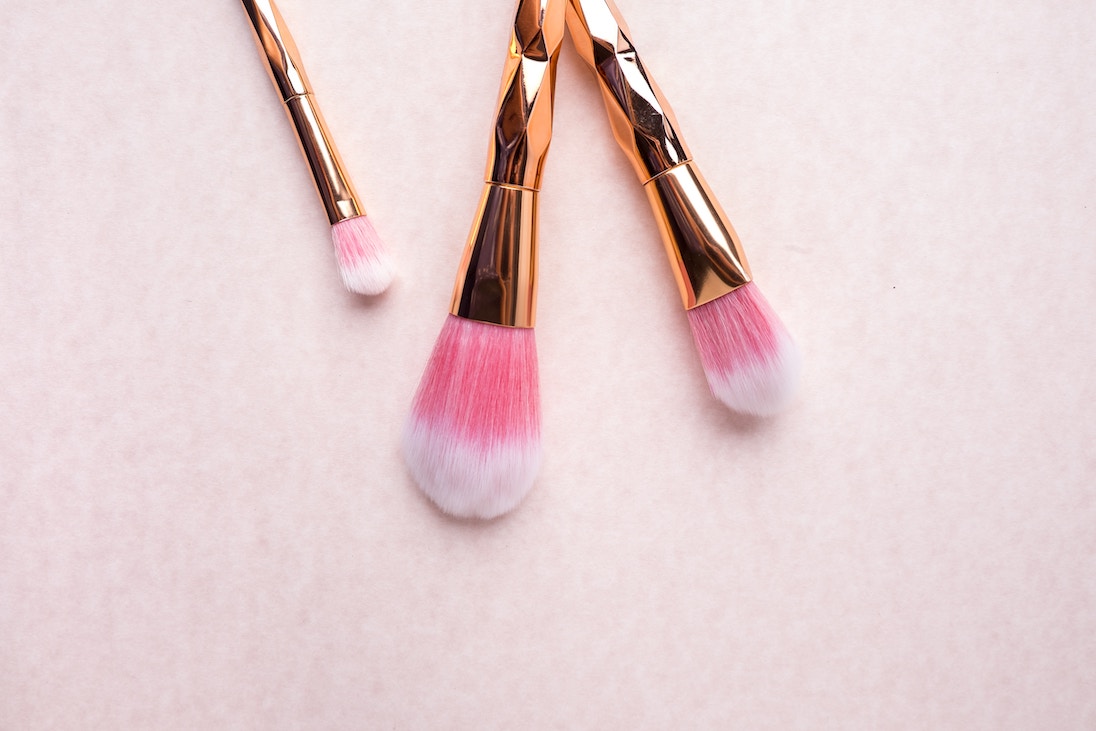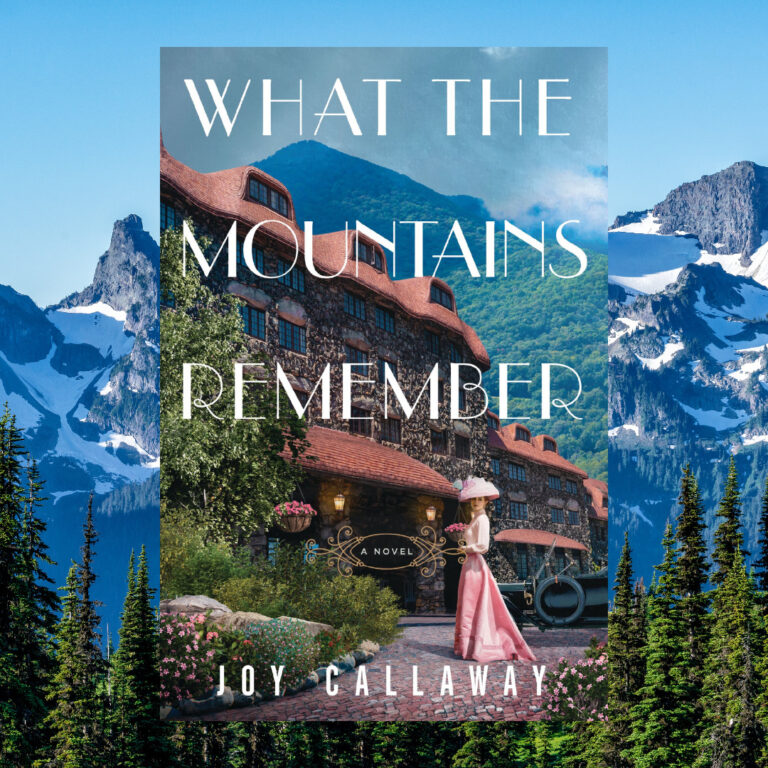Lately, I’ve been thinking a lot about Botox.
Well, that’s oversimplifying it. It might be more accurate to say that lately, I’ve been thinking about all manner of cosmetic procedures. I’ve been thinking about how they get sold to me—at my dermatologist’s office, on my social media feeds, through advertisements I sometimes catch on television or in magazines. I’ve been thinking about how they get talked about among the people I know—family, friends, colleagues. I’ve been thinking about how they get talked about (or not talked about) among people I don’t know—models, actors, celebrity personalities generally.
And I’ve been thinking about how they get talked about in the romances I love.
But first: Hollywood. A couple of weeks ago, among a new round of press for the biopic Judy, the Academy Award-nominated actress Renée Zellweger spoke to New York Magazine about, among other things, a 2014 red carpet appearance that sent the internet into a flurry of speculation. What had she done to her face?, everyone seemed to be asking. How sad, everyone seemed to be saying, that she couldn’t age “naturally.” Zellweger described the appearance and the subsequent rumor mill as an “international humiliation.” Readers looking for her to confirm or deny whether she’d had something done to her face might be disappointed: Zellweger would only say that the experience taught her to “shake off…clingy superficiality.”
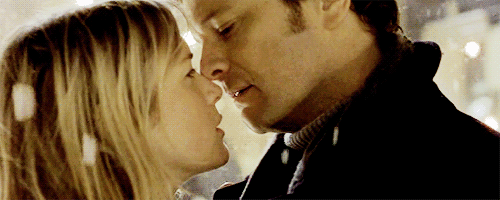
I don’t know what Zellweger means here by “superficiality”—she might be referring to the surgery she was so widely speculated to have gotten, or she might be referring to how much everyone cared whether she did. But either way, the entire event—from the rampant speculation to Zellweger’s subsequent humiliation to the fact that she’s still getting asked about it in interviews—says a great deal about how our culture infuses women with shame about the way they look (gosh, she looks so old!) and then infuses them with shame about what they may do in response to the way they look (what did she do to her face?).
Zellweger, to be sure—a working actress since she was in her early twenties—likely faces exponentially more pressure to think about her appearance than those of us without jobs that put us in front of a camera and a massive audience. But let’s face it: even outside of Hollywood, you don’t have to listen all that hard to hear the messaging coming at you from every direction—messages about your wrinkles, your stretch marks, the shape of your breasts or your thighs. Listen even harder and you will hear all of these same messages undergirded with something just as sinister: “natural” beauty is best, aging “gracefully” is superior. Worse, you might even hear that whatever you don’t like about your body is your own fault, anyway: you don’t have a good enough skincare routine, you don’t drink enough water, you don’t make enough time to meditate, you don’t do enough (or any) yoga or Pilates.
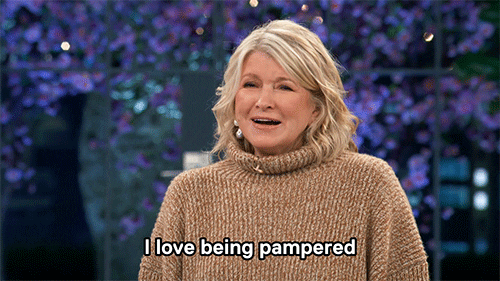
None of this should come as a surprise to people who live in a society that asks women to walk all sorts of nonsensical tightropes: love sex, but not so much that you seem desperate for it. Be ambitious but not so much that you seem cold. Be strong but not so strong that you seem “unfeminine.” In the case of Renée Zellweger (and all of us, really), the tightrope seems to be: stay young and look beautiful, but don’t let anyone know you tried at it.
So what does all this have to do with romance novels? Certainly anyone who has read widely in the genre knows that very often, romance heroines come strutting onto the page right along this same cultural tightrope: frequently beautiful (usually by very strict standards), and also entirely effortless about it in all ways. In romances featuring hero/heroine pairings, this messaging is often reinforced by heroes who admire their love interest because she is so effortless—her lips are a perfect shade but not from lipstick, her hair is artfully tousled but not full of product, her body in that dress is shapely but you better believe she doesn’t have shapewear on at the critical moment.
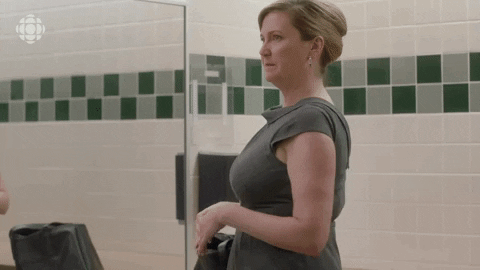
I think this messaging in romance is changing, and changing for the better, at that: more and more romance authors are embracing heroines who are fully alive in and fully accepting of their bodies and of their appearances more generally (some recent favorites include Teach Me by Olivia Dade, the upcoming Get a Life, Chloe Brown by Talia Hibbert, Brazen and the Beast by Sarah MacLean), and more and more write scenes that don’t, as it were, shy away from the very existence of things like lipstick and hair products and shapewear (a great writer can make even Spanx removal sexy). I see romances that are pushing back on the notion that heroines must “wake up like this,” that every aspect of their appearance is utterly effortless.

But I also think romance has a Zellweger problem.
Time and again, I’ve come across scenes in romance where a character’s purported cosmetic surgery is used as a shorthand for her superficiality, or her “lesser” intelligence, or—this is the worst one—her villainy. Often, such a character is introduced as a romantic rival to the heroine (my feelings on this are another essay entirely), and the messaging in such contexts is clear: this character, with her breasts or her lips described as “fake,” with her skin described as “overly tight” or “pinched,” with her makeup described as “too heavy,” is unworthy because of the way she compares to our “naturally beautiful” heroine, our more “down-to-earth” or “smarter” heroine. Nevermind that Botox is incredibly common, nevermind that there all sorts of reasons people might get all sorts of cosmetic procedures. In these contexts, the character’s body is presented as an object for a judgmental reader gaze. We are invited to become someone who says things like, I like you better without makeup, or I like more natural women. How sad, we might say, if we’re feeling generous. How stupid, we might say, if we’re feeling cruel (such a charge, you might hate to know, was leveled at Zellweger one day while she rode the subway). The character is not a person to us. She is flat; she is unreal. We have made what we consider “fake” about her an excuse to make her less than human.
Here’s the truth, no matter that it might be difficult to confront, no matter that as readers and writers we might have embraced these descriptions, at various points, as a convenient code for understanding a character: these types of descriptions produce damaging, harmful caricatures, caricatures that dehumanize women (women who have made choices about their bodies) and elide the very real cultural pressures they confront every day (gosh, she looks so old!; what did she do to her face?). Moreover, these descriptions do nothing to reveal character. A character having had a cosmetic procedure (or many such procedures!) is shorthand for exactly nothing except that the character has had a cosmetic procedure. The information alone, presented wholly in isolation, should add nothing to our understanding of who a character is. It should certainly add nothing to our sense of how worthy they are of the hero’s—or anyone else’s—affections.
I don’t write this essay from a high horse. Indeed, as I have considered and re-considered these issues, I have returned, again and again, to moments from my own books that contribute, however casually, to the tightening of that tightrope. In Best of Luck, the final book of my Chance of a Lifetime series, the heroine, Greer, speaks to her older sister, Ava, in the kitchen of their shared townhouse. Ava, an actress who had to sacrifice some of her big-city, name-in-lights dreams for Greer, spends all of her free time playing parts in a local community theater. She is a loving, supportive sister to Greer. She’s got kind of a lousy boyfriend but she’s also got a lot of heart and kindness to spare. And that morning, when they talk, Greer reflects on Ava’s beauty: “Ava’s four years older than me, but she looks as fresh-faced as a teenager, obsessed with beauty treatments and, I suspect in the last year or so, Botox.”
Was this more than a casual observation about Ava? Ava isn’t a villain, and she’s certainly not a rival, nor is she uncomplicated as a character in this book. But…was it a swipe? Was Greer—a character who feels inexperienced with makeup, a character who sometimes feels plagued by her small, still-youthful appearance—setting herself in subtly superior terms to her sister?
As I said: lately, I’ve been thinking a lot about Botox.
None of this is to say, of course, that the issues surrounding cosmetic procedures—the range of them, the relative safety of them, the way they are packaged, the way they are sold and to whom—are simple, that all we need to do is never mention them again in these damaging, dismissive ways in our books. Of course these aren’t simple matters; they are complex, as are all those tightrope walks women are asked to perform every day. And so I (and, I believe, authors and readers more generally) need to think harder about how casually, how callously, these procedures are mentioned as indicative of a woman’s character or her worth. I need to think harder about where I mention them and where I don’t. I need to think harder about it all.
When I consider what happened to Renée Zellweger in 2014—the pictures splashed everywhere, the articles so full of speculation—what I consider is how easy it was for everyone to comment, for everyone to weigh in on what she looked like. Reading her recent reflections on those pictures and articles and comments now, all I can think of is how hard it must have been for her to see them, to read them, to hear them. All I can think of is how the culture flattened her, made her unreal, made her less than human.
All I can think of is how much more thinking I should be doing.

